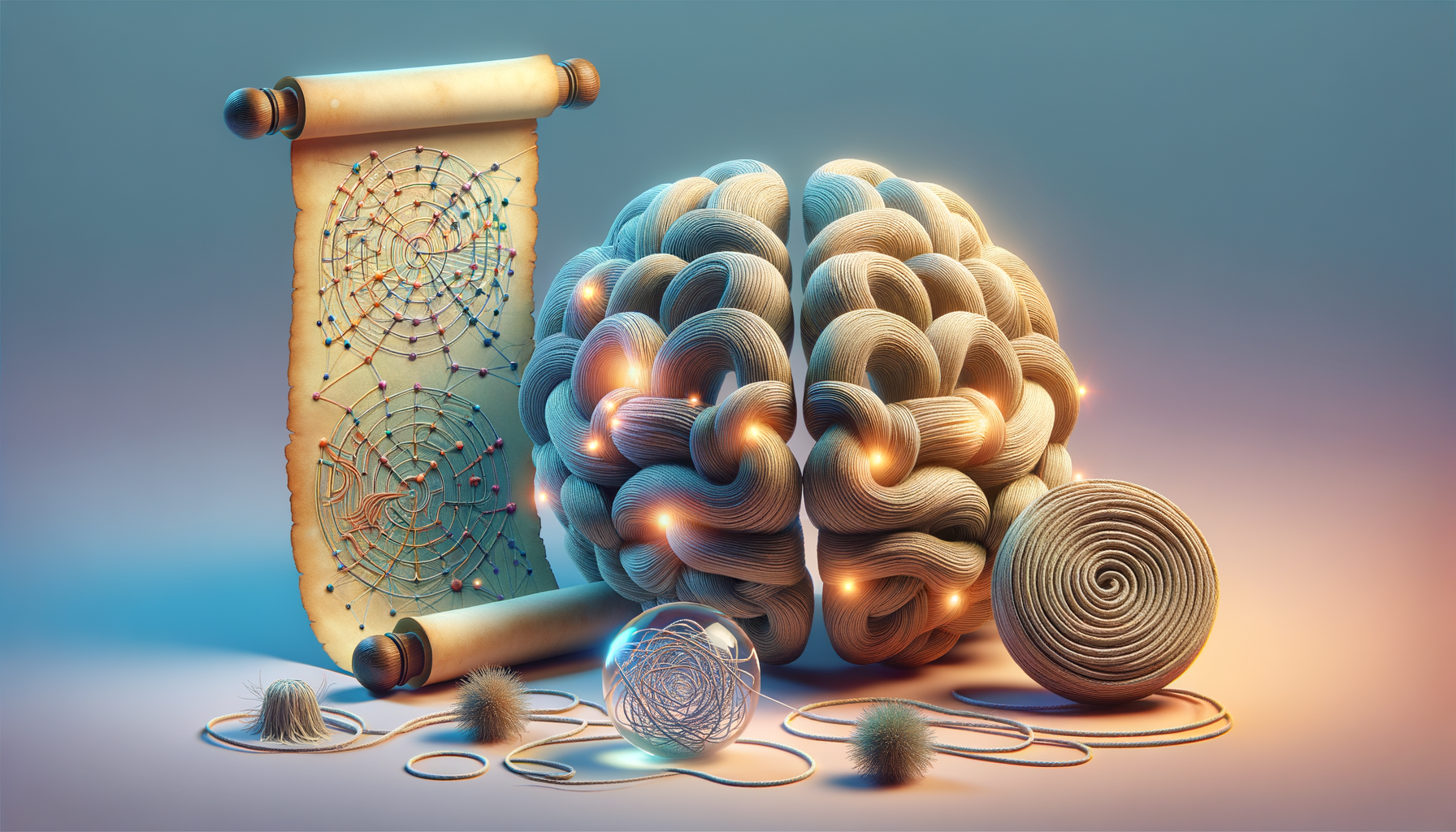Understanding the Neuroscience of Memory and Recall
Join me as we explore the fascinating world of memory and recall, unraveling the neuroscience behind this essential aspect of our daily lives and discovering how mindfulness and reflection can help us better manage our cognitive abilities.

Have you ever walked into a room and forgotten why you went there? Or struggled to recall a name that is on the tip of your tongue? Memory is a curious and fascinating phenomenon that plays tricks on us when we least expect it. As an individual who delves into the realms of both software engineering and philosophical musing, I often find myself pondering the intricate mechanisms powering our minds. Today, let's embark on a journey to explore the neuroscience of memory and recall, and draw some intriguing parallels to everyday life.
The Neuroscience of Memory
At the heart of memory lies the brain—a sophisticated organ more powerful than any supercomputer. It processes vast amounts of information and stores memories across a network of neurons. These neurons communicate through electrical signals and chemical messengers called neurotransmitters. The process of forming and retrieving memories involves multiple regions of the brain, including the hippocampus, amygdala, and prefrontal cortex.
Researchers identify different types of memory: sensory memory, short-term memory, and long-term memory. Sensory memory captures fleeting impressions of the world around us. Short-term memory holds information for a brief time, like a phone number you scribble down to remember. Long-term memory, however, is where the magic happens—where our life's stories are archived for future reference.
The Mystery of Recall
Recall is the act of retrieving information stored in our long-term memory. It can be an effortless process, or it can feel like mining for gold in a mountain of rubble. Sometimes, an external cue can trigger a memory, such as the smell of freshly baked cookies that transports you back to your grandmother's kitchen. But other times, our brains seem to play a hide-and-seek game, making us dig deeper to retrieve the desired piece of information.
Interestingly, our brains don't store memories as isolated data points. Instead, they create a vast, interconnected web of associations. This is why a seemingly unrelated cue can help you remember something important. Much like navigating a complex directory structure in a computer system, one path might lead you to the memory you're searching for.
Memory and Daily Life
In the day-to-day hustle, our minds are bombarded with a myriad of tasks, responsibilities, and experiences. It's easy to see how memory might falter under such conditions. The constant switching of tasks and distractions take a toll on our cognitive abilities. This is where mindfulness comes into play—by being present in the moment, we can help our brain encode memories more effectively.
One strategy for improving memory and recall is the use of mnemonics. These mental shortcuts help us encode and retrieve information more efficiently. Think of how you might remember the colors of the rainbow with the acronym 'ROYGBIV' (Red, Orange, Yellow, Green, Blue, Indigo, Violet). Such techniques can be likened to comments in code that guide a programmer through complex algorithms.
Philosophical Implications
Reflecting on the nature of memory, I am reminded of the concept of 'Smriti'—a term from Sanskrit that denotes memory and recollection. In classical literature, smriti is not just the act of remembering but a conscious effort to recall and reflect upon past teachings and experiences. This resonates deeply with the idea that memory isn't merely a neurological process but a profound aspect of human consciousness and identity. For those keen, you will find more about this perspective in the chapter from 'Sanchayan' here.
Conclusion
Understanding the neuroscience of memory and recall offers a glimpse into the remarkable complexity of the human brain. It's a reminder that our minds are not just biological machines but are entwined with our experiences, emotions, and identity. By nurturing our mental processes with mindfulness, mnemonic strategies, and reflection, we can enhance our memory and better navigate the labyrinth of our minds. After all, our memories are the threads that weave the fabric of our lives.